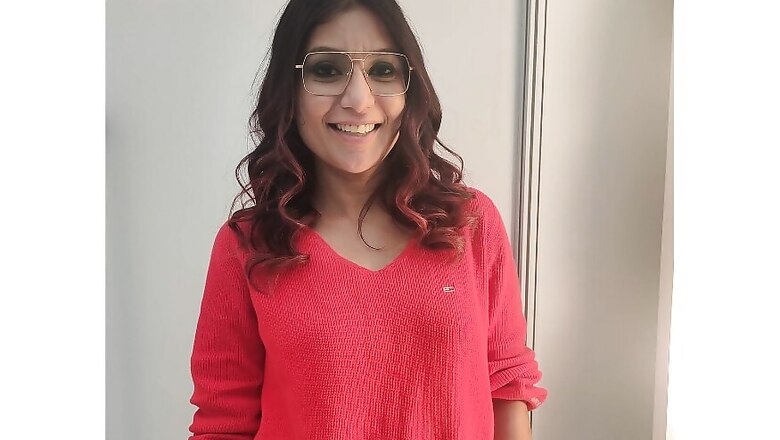
views
You’re in front of a screen right now, and most likely will be for some time. Screentime can be a problem not just for consumers, but increases for ‘influencers’ who spend as much time on social media platforms as you might on your regular job, sometimes more. Malini Agarwal, of MissMalini.com, thinks that content creators need to find a way to manage their own screentime. “I think it's important to differentiate between the two kinds of screentime, one is the people who are passively consuming six to 11 hours where it should be just two hours. But for the ones who create content, the use of screentime is different because they're actually spending a lot of time learning and evolving, creating their own content and shooting and editing videos”.
Can you really find fault with that? It might be unorthodox, but if someone considers social media their career, they can't be expected to use their devices for only a couple of hours. And least of all by us, who consume the content being put out on these social media platforms. So, what then is the solution? Malini feels that the responsible thing to do is for influencers to make their followers understand that social media works on a formula. "Influencers don't live the perfect life, it is a curation, right? and you have to be honest about that and connect with your fans, whether it is on Tik Tok or Instagram or Youtube".
Perhaps bringing the real onto the reel can open up a much-needed channel for conversation, but what about parents who are concerned about how much time their kid spends gaming or scrolling through their feed or even 'using the laptop for homework'?
Malini has a non-traditional view on screentime. "You can use screentime for meditation or apps that help you alleviate anxiety. I don't think you can completely cut off. I think it's unrealistic, even for me. I am aware that I do have a social media addiction. And it's important for my job. I know I probably use it more than I need to, but I think that we are now part of a generation where kids are going to be born with a phone in their hands, and I think because we were never taught how to use social media, we had the car keys but never learned how to drive and crashed". So it might be unfair to completely cut off your child's access to devices, instead, you can make sure they spend their time doing something constructive online. It might be a good thing that you have 5,000 friends on social media but you can take that a step further and continue some of those friendships offline. Malini also advises parents to "use screentime intelligently. Like, when I was growing up I used Encarta which was the digital version of the Encyclopedia Britannica".
We also have several apps now that restrict screentime and take the decision-making process out of our hands. However, Malini feels that such apps are "a slippery slope". "App-makers prey on addictive behaviour. But I think Instagram considering taking off likes is a great move in the right direction. I feel we've dehumanized our followers into numbers as opposed to real people". Personally, Malini feels screen-restricting apps induce anxiety because you constantly feel like you're missing out on the online world. Plus there's the new trend of taking a screenshot of how much time you've spent offline as a humble brag which defeats the purpose.


















Comments
0 comment